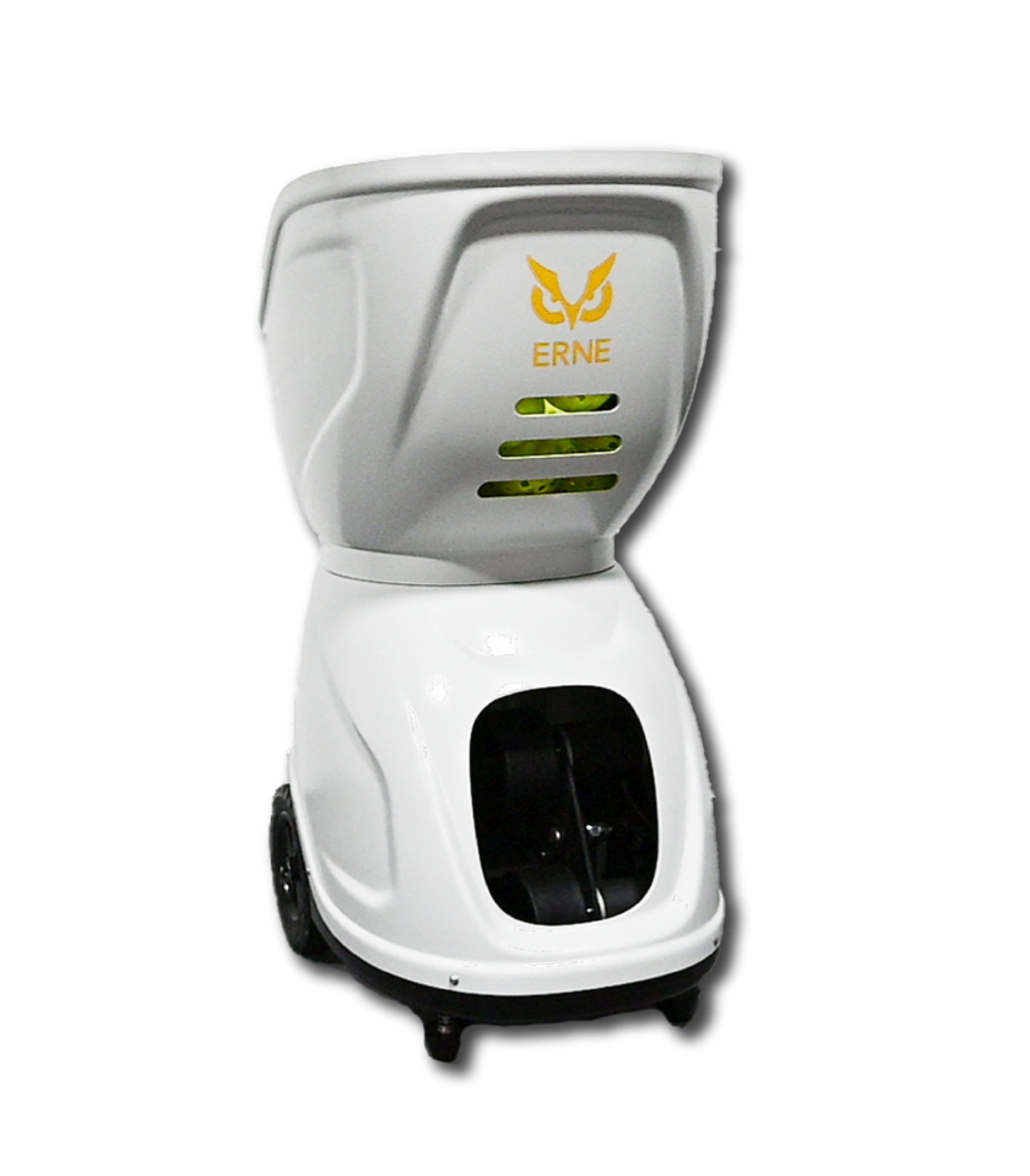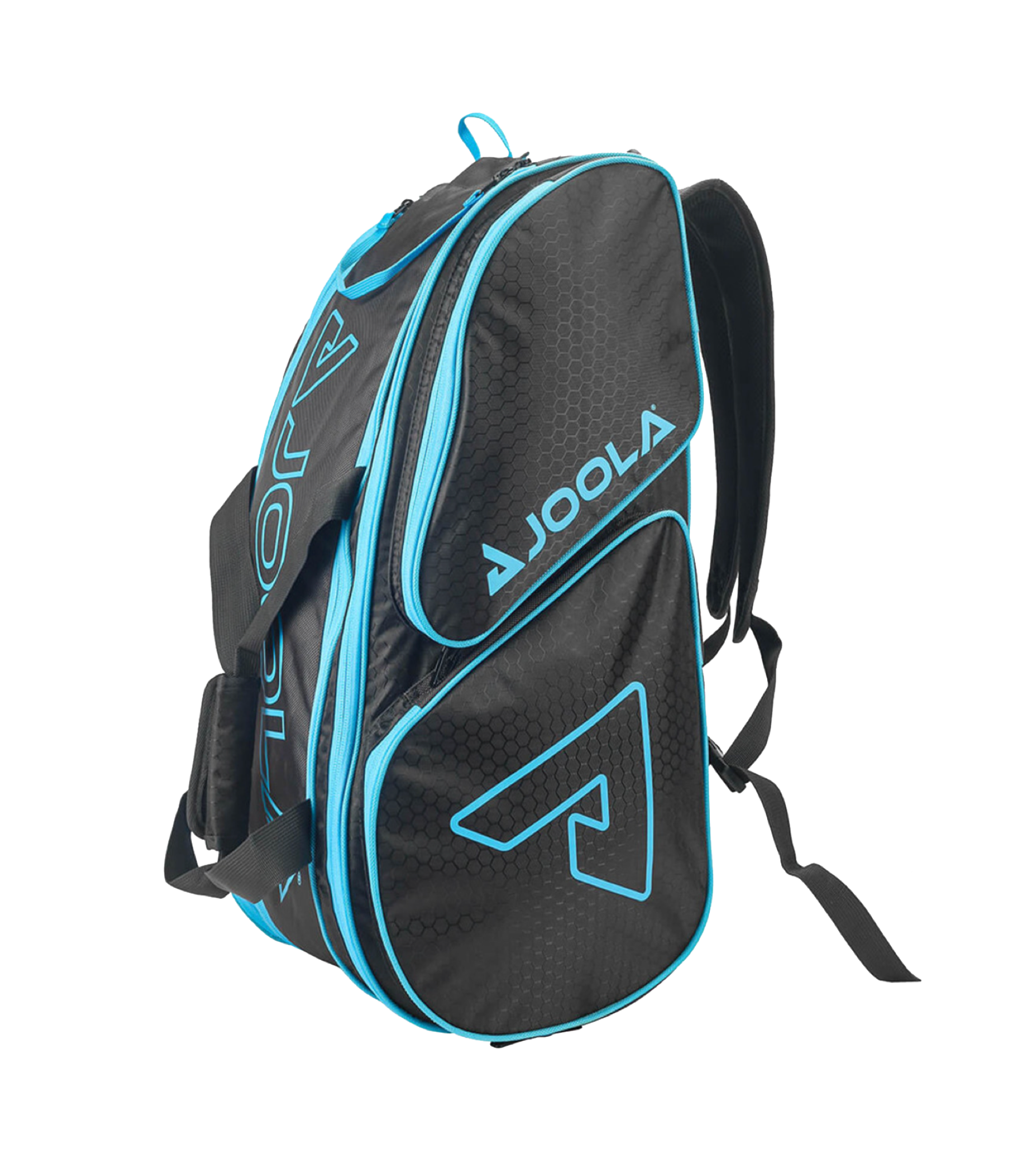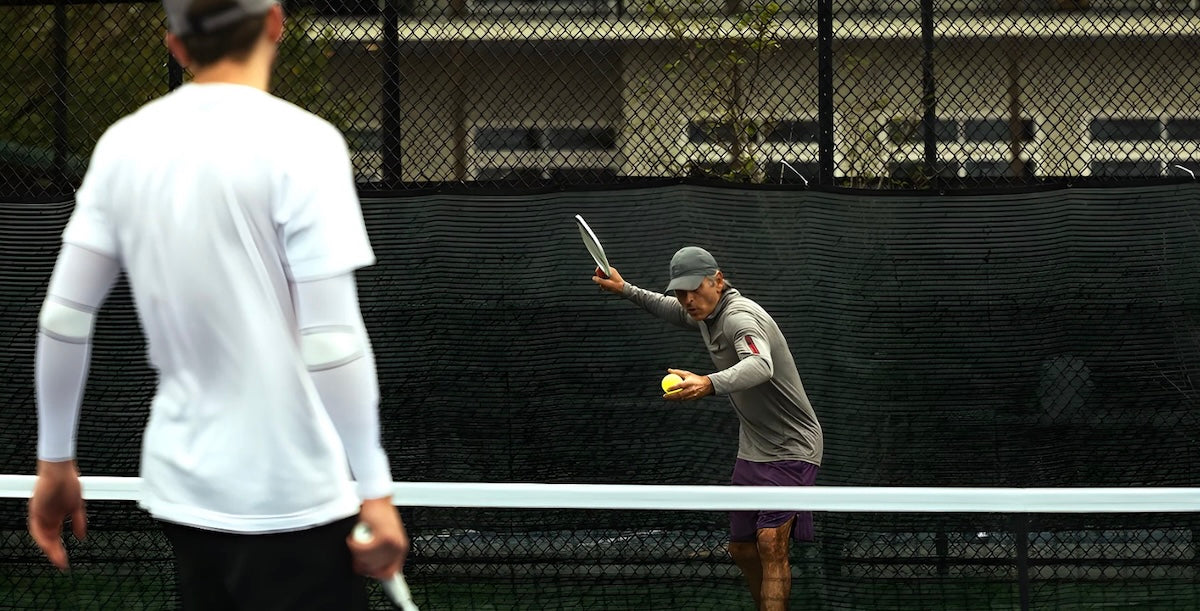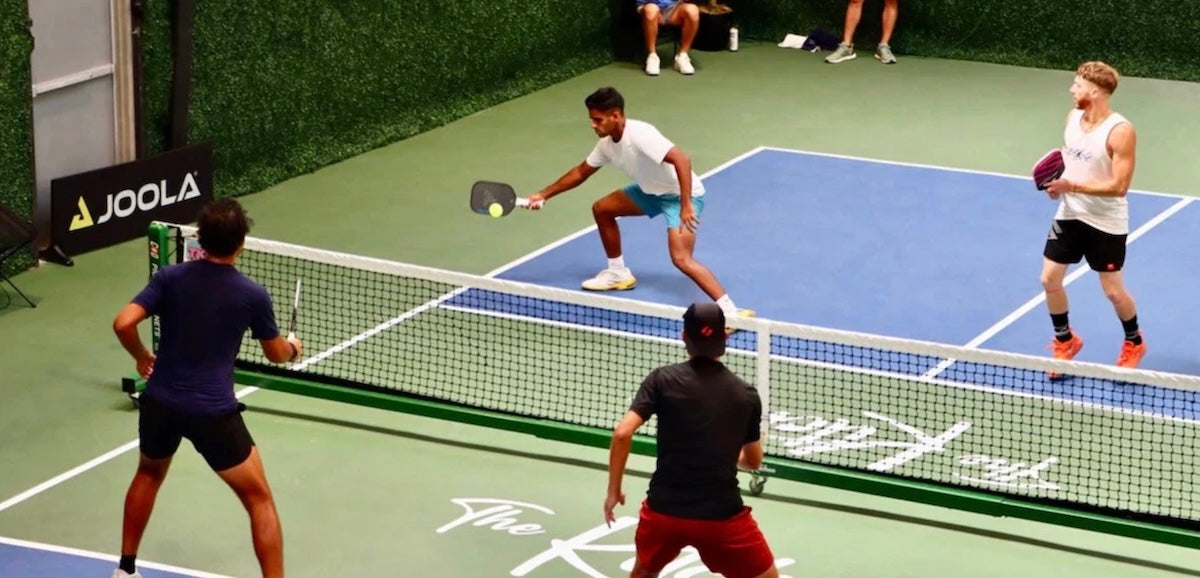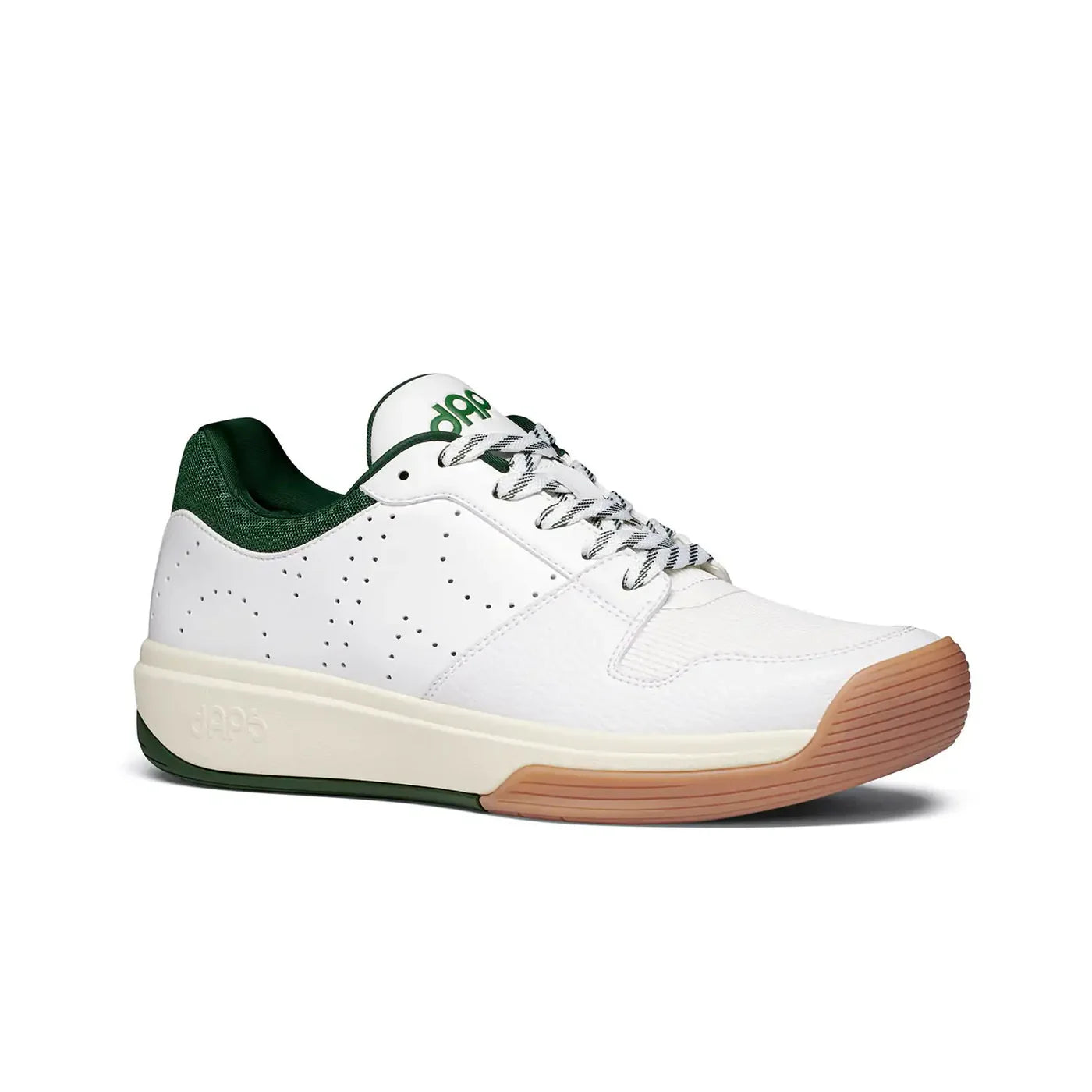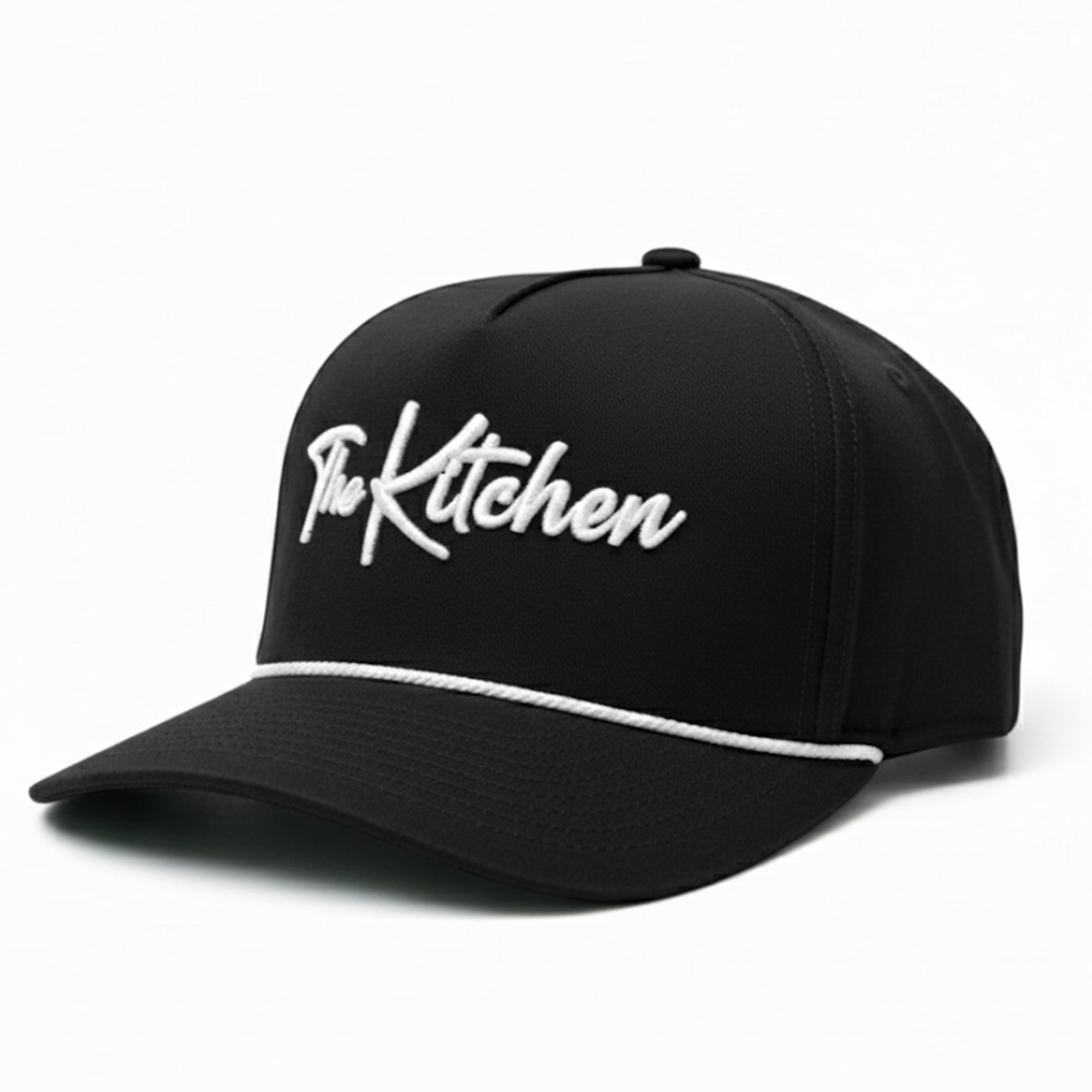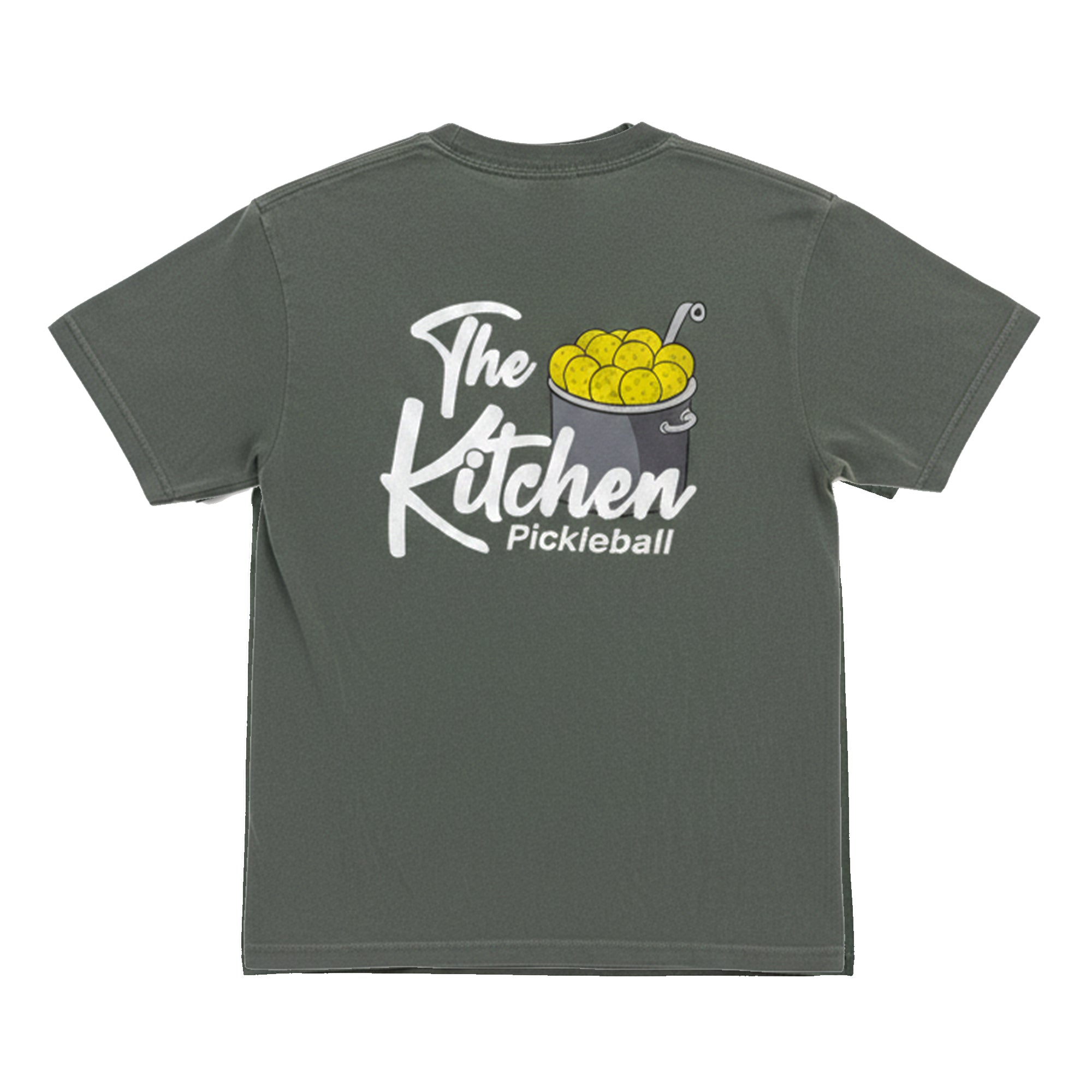Dayne Gingrich is a Mental Performance Coach. Follow him here.
When Should I Speed Up in Pickleball? Answer These Questions First
Last Edited
Jan 20 2025
Category
Instruction
Today’s pickleball isn’t about blind attacks, it’s about intentional aggression. In order to know when to speed up in pickleball, you need to know who to attack, where to attack, when, and your opponent's response to those specified attacks.
Of course, in milliseconds, one or more of these questions may be difficult or even impossible to answer.
Much of your ability to answer them in the moment will come with practice and exposure to high-pressure scenarios.
But there is a broader question you need to ask yourself before speeding up a pickleball:
Do we have a 60% chance of winning this firefight if we properly initiate the hands battle?
If the answer is yes, we can then start a mental deep-dive on the details.
WHO? Is it my straight ahead opponent, or are they cross court? Can I sneak one at them with a cross attack, or do I need to keep it simple with a straight ahead approach?
WHERE? Are their shoulders available, or am I going to need to be precise down at his hips, with an occasional blast to center mass? Are they susceptible to an off-speed attack, or are they weak against power?
WHEN? How low can I initiate from below the net before I lose that 60% edge? Am I primarily going at them out of the air, or will I need to let it bounce to get them off balance? Will my 3rd drives cause problems, or do they eat them for lunch? Do I have a drop-n-charge strategy available, or it a waste of my energy? Lobs?
All of the above questions are “moving targets,” meaning I expect them to change throughout the match, but knowing this, my job is to remain aware and keep moving with them.
As my opponents adjust, I, too, must adjust, and change my answers accordingly.
Read Next: Avoid This Common Mistake While Covering the Middle in Pickleball
While all of these questions are processed, I want to go even deeper and figure out how they naturally like to respond.
Are they sliders, counter-attackers, or resetters? Are they backhand defenders, or come back at me with the pancake? Do they get pissed after repeated aggression towards them, or step-up, fire-up, and get better?
Challenge yourself to know the answers to all of the above - the more information we have, the more dangerous we become, and the more doubt we embed into our opponents.
